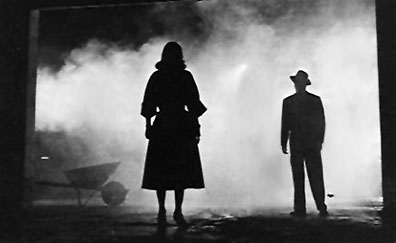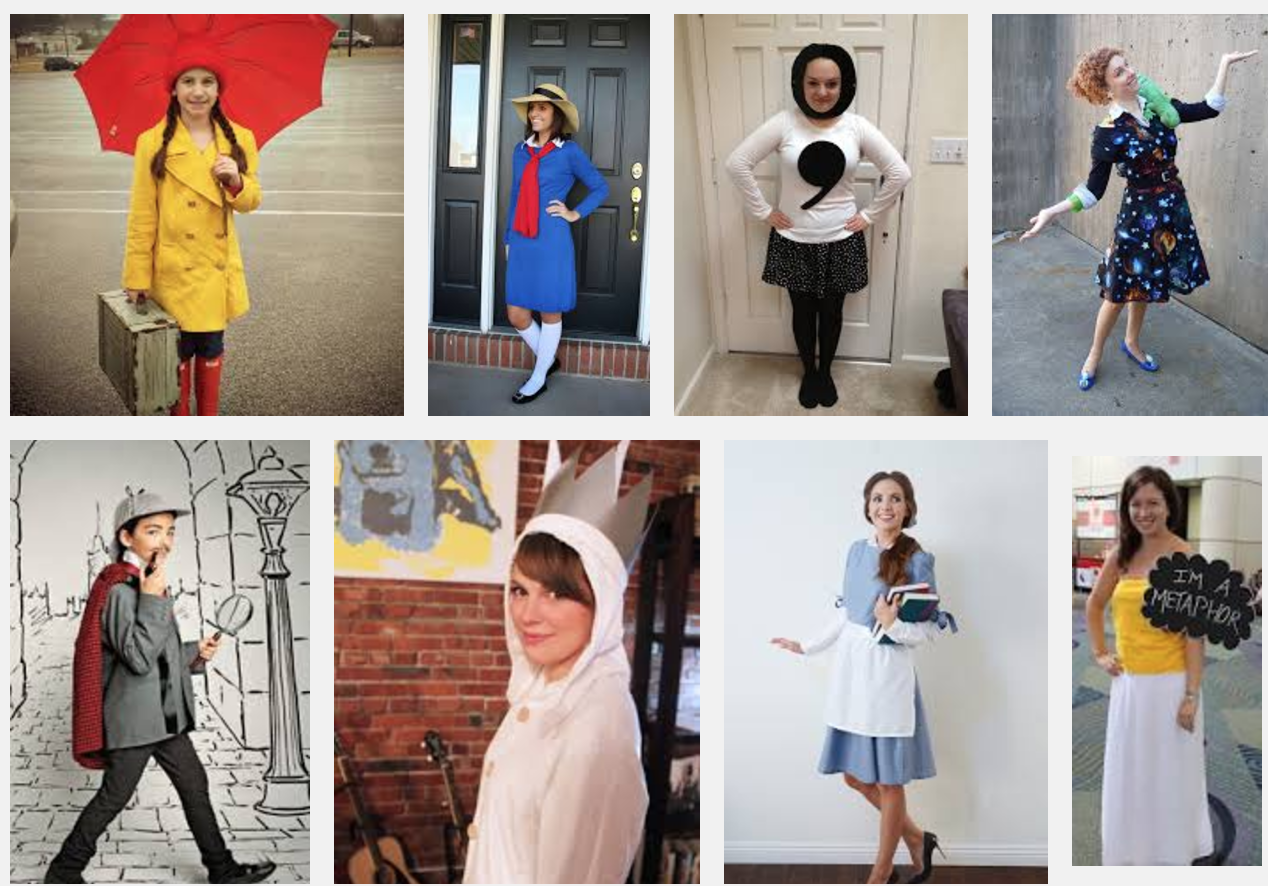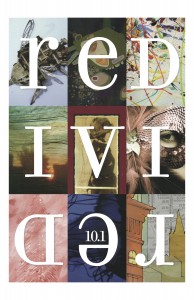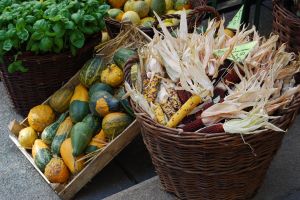
There it was, its ribbed skin split from stem to end, its body turned inside out. I didn’t even see it firsthand, but I could imagine it: the way the tendrilled brains slopped to the sidewalk, its seeds spilling forth like a constellation among the gourded Rorschach test.
I was out minding my own business when the call came in—“We got a problem, chief”—and already, I had a pretty good idea of what that problem was.
I mumbled some reply—“Yeah, yeah, I’m on it”— then hung up the phone and touched a match to the cigarette bowed between my lips.
From my place beneath the lamplight, I peered out at the gashed smiles and triangle teeth that lit up every last home on the street.
Well, almost every last home.
Thanks to some sicko with fresh gourd on his hands, now there was at least one home without a jack-o-lantern, and more to the point, one dame in desperate need of a detective.
*
The girl—let’s call her Fay—couldn’t have been a day over 4-years-old or an inch over three feet tall.
Still, I ran her through the usual line of questioning.
“Got any enemies, kid?”
She assured me she didn’t.
“Not a one?”
Nope.
I raised an eyebrow; I’d dealt with her type before.
“Sweetheart, you mean to tell me that you can’t think of a single person who might have a bone to pick?”
She paused, and in that moment of hesitation I believed we were finally getting somewhere.
When you’ve been in this business as long as I have, you learn a lesson or two. And one of the lessons is this: no one, no matter how sick, goes around smashing some poor dame’s pumpkin without a darn good reason for doing it.
“Think hard now,” I pushed. “Any grudges? Any business deals turned sour?”
She assured me that her business deals never soured; when it came to her lemonade stand, she never shorted on the sugar.
I sighed, flipped my notebook shut.
“You’re not giving me much to go on here,” I told her.
She shrugged.
“You’re the detective,” she said, boarding her trike. “You figure it out.”
And then she was gone, pedaling off into the dark horizon and leaving me to choke on her dust.
*
I couldn’t sleep; every time I closed my eyes I pictured Jack smashed to smithereens. I’d seen so many terrible things in my day—some too terrible to tell—but nothing could’ve prepared me for the thought of that poor, wide-eyed pumpkin begging for its life.
Sometime before dawn I rose from my bed and took to pacing around the room. This had become a usual occurrence for me, a part of my routine. If I could get the blood moving in my body, I learned, then eventually it’d get to my brain.
And so I paced for an hour or more, wearing a trail in the carpet as I reworked every last clue.
Not that I had many to begin with.
After all, all I knew was what Fay had told me: that sometime before sunset our perpetrator had grown emboldened, then helped himself to her jack-o-lantern.
The rest of the story was all over the sidewalk for the world to see, the kind of mess you could never fully clean from your mind.
But surely there’s got to be more, I thought, some clue I’m not yet seeing.
I downed an entire coffee pot searching for that clue.
But in the end, all I was left with was a caffeine buzz, coffee breath, and a mystery not even I could untangle.
*
I spent much of that day playing the part of the bad cop, saddling up to one jack-o-lantern after another and asking them what they knew.
None of them talked, just grinned at me in perpetual silence.
“I’d sure hate for the same fate to fall upon one of you,” I said, flashing a trio of Jacks a few photos of the crime scene. “Would hate for some creep to lose his head and take to bashing yours.”
Nothing.
I was getting nowhere fast, so by mid-afternoon I took to drowning my sorrows in the darkest bar I could find. The place was filled with miscreants; any one of’em might’ve done the horrible deed.
I was desperate—it was Halloween Eve and there was no telling what atrocities another night might bring—so I downed my drink and stumbled from one bar fly to the next, asking what they knew about poor, old pumpkin Jack.
None of them claimed to know nothing, which wasn’t a stretch to believe. Those men were no better than the mold that grew on the bottoms of their barstools. In fact, they were that mold: slimy and infectious.
Some time after my liquid dinner—as the hour grew late and the facts remained few— I pulled my trench coat from the nearest hook and returned once more into the night.
“Hey buddy,” a panhandler called as I eased out the front door of the bar. “Got any change?”
I reached for his collar and pulled him so close he could smell the ginger ale on my breath.
“What I got,” I hissed, “is a dame with a broken heart and a pumpkin with a broken brain. You read me?”
The man shook in his skin.
“Hey buddy,” he said, “I know nothin’, I swear.”
“Yeah, yeah,” I grumbled, tossing him back to the night, “I know nothin’, too.”
*
Here’s another one of those lessons you learn from being too long in this biz: sometimes there ain’t no easy answers. Sometimes, in fact, rather than catch the crook, you right the wrong, instead.
Which is what I did that Halloween Eve. It was all I knew to do.
And so, while the rest of the world took to their dreams, I took to a pumpkin patch. And there, under cover of darkness, I snagged the biggest pumpkin I could find. I pulled my knife; I gave it a goofy grin.
I knew it would never be Jack—poor Fay had lost him for good—but I hoped my humble offering might help her to forget.
As dawn approached, I took my place beneath the lamplight and touched a match to my cigarette. I took a puff, then another, to try to steady my nerves. I flicked what was left into a nearby bush, then bent down to retrieve my newly carved pumpkin.
Shrouded in shadow, I placed the new Jack right where the old Jack had once been.
Staring at him, something in me must’ve gone soft, because the next thing I knew I was using my very last match to light his face aglow.
I left Fay a note right there alongside him:
Kid, The world’s more good than bad.
I sure hoped I was telling the truth.
And then, I disappeared into the dark, and for the first time in a long time, I felt real good about what I’d done.
Keep in mind, though, that this was me at my best, and at my worst I could’ve been the one smashing Jacks myself. You see, the thing about men like me is that we’re forever walking that tightrope between good and evil, always leaning one way or the other at the mercy of a stiff October wind.
But on that morning, there was no wind. Not even so much as a whisper.
All that remained was a man in a trench coat trying hard to find his way home.




